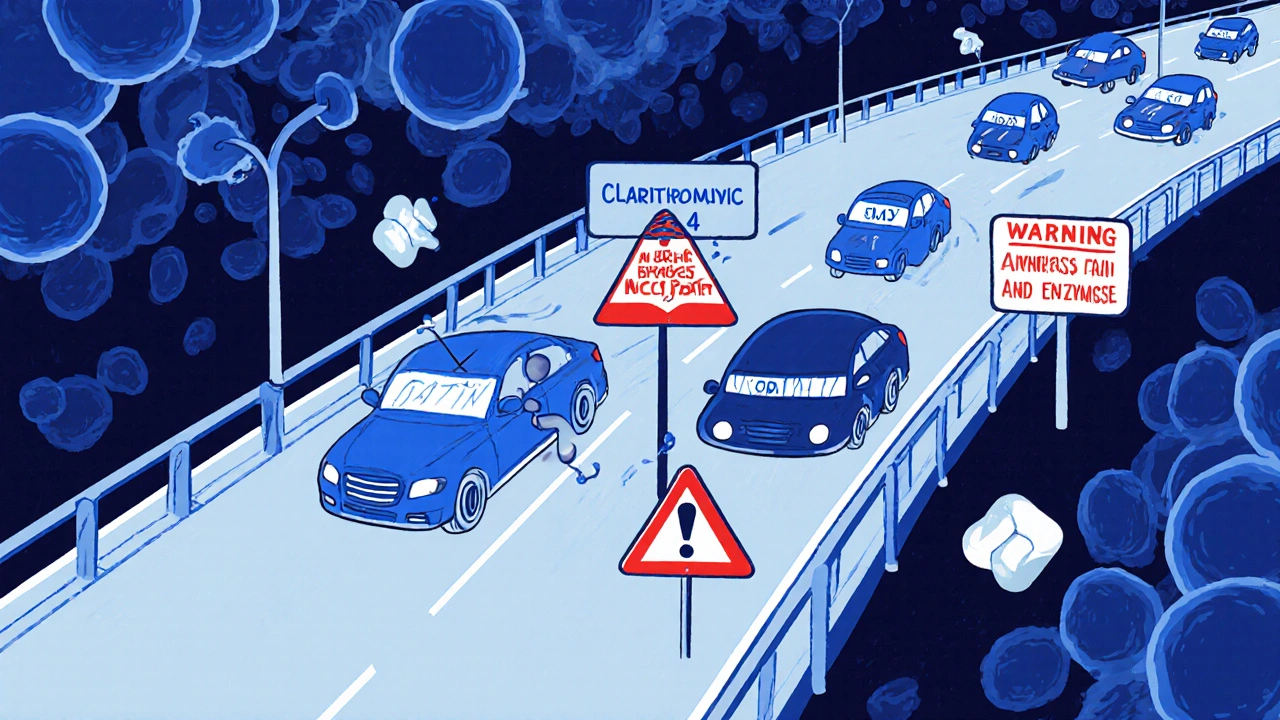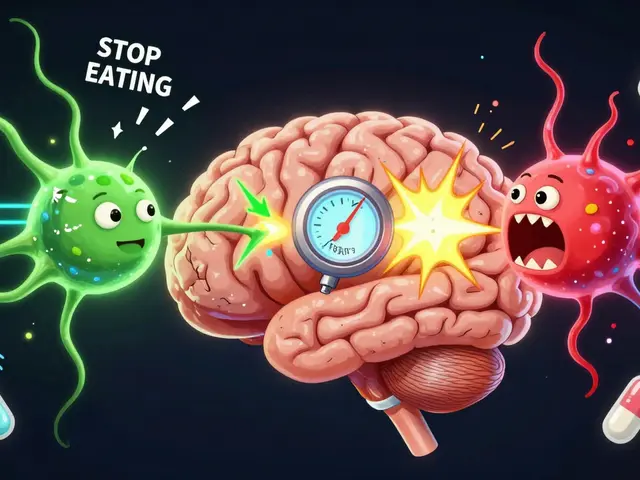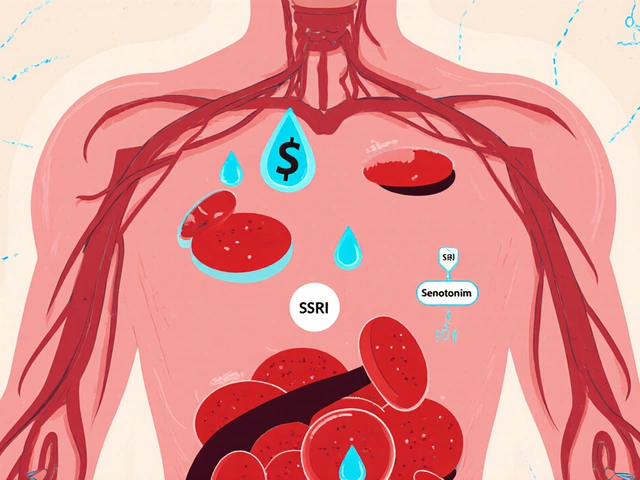CYP3A4: What It Is, How It Affects Your Medications, and Why It Matters
When you take a pill, your body doesn’t just let it sit there. It has to break it down—and that’s where CYP3A4, a key enzyme in the liver responsible for metabolizing most drugs. Also known as cytochrome P450 3A4, it’s the workhorse behind how your body processes everything from statins to painkillers to antidepressants. If CYP3A4 is too slow, drugs build up and can overdose you. If it’s too fast, the medicine doesn’t work at all. This isn’t theory—it’s daily reality for millions taking common prescriptions.
What makes CYP3A4 tricky is that it doesn’t work in a vacuum. It’s influenced by other substances you take. Grapefruit juice? It blocks CYP3A4, which can turn a safe dose of blood pressure medicine into a dangerous one. St. John’s wort? It speeds up CYP3A4, making your birth control or antidepressant useless. Even some antibiotics and antifungals can mess with it. This enzyme doesn’t just handle drugs—it interacts with supplements, foods, and even herbal remedies. That’s why heart meds, HIV drugs, and erectile dysfunction treatments often come with warnings about combinations. It’s not random. It’s all tied to CYP3A4.
And it’s not just about what you take—it’s about who you are. Genetics, age, liver health, and even your diet can change how CYP3A4 behaves. Two people taking the same pill at the same dose can have completely different outcomes because of how their enzymes respond. That’s why some people get sick from a drug others tolerate fine. It’s not about being "sensitive"—it’s about the enzyme’s activity level.
Understand CYP3A4, and you start seeing why some medications clash, why side effects pop up out of nowhere, or why a treatment suddenly stops working. You’ll know why your doctor asks about grapefruit or supplements. You’ll understand why switching from one pill to another—even if it’s the same class—can change everything. This isn’t just pharmacology. It’s personal safety.
The posts below dig into real-world examples: how heart meds interact with common painkillers, why certain antidepressants raise bleeding risk, how HIV drugs behave with other treatments, and what happens when you mix supplements with prescriptions. Each one ties back to CYP3A4. You won’t find fluff here—just clear, practical breakdowns of what’s really going on inside your body when you take medication. Whether you’re managing a chronic condition or just want to avoid dangerous mix-ups, this is the info you need to stay in control.

How Drug Interactions Make Medication Side Effects Worse
Drug interactions can turn normal side effects into dangerous health events. Learn how common combos like statins with grapefruit or warfarin with aspirin increase risks-and what you can do to stay safe.
View More




